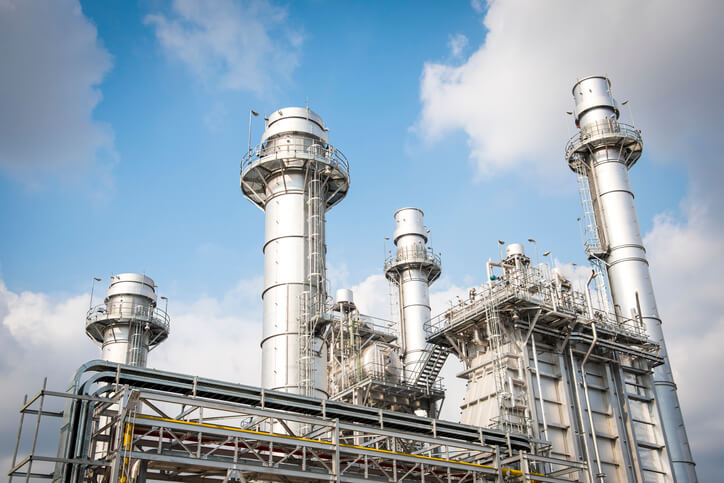NEW-F-Tech (Novel and Engineered Working Fluids for the refrigeration and energy industry: TECHnical solutions with low global warming potential)

Lead researcher

Funds Source:
Government of Spain
Period:
01/12/2022 to 30/11/2024
Project status:
COMPLETED
FINALIZADO
Funding:
84,395 €
Decarbonization and improvement of the energy efficiency of the refrigeration and energy industries
NEW-F-Tech is an innovative proposal aimed to accelerate the process of the ecological transition by facing one of the current major challenges related to the imperative reduction of greenhouse gas emissions: the substitution of high global warming potential (GWP) fluorinated working fluids for environmentally better alternatives.
The project is carried out between IQS and Universitat Rovira i Virgili NEW-F-Tech will contribute to the decarbonization and the energy efficiency of the refrigeration and energy industries by replacing the current working fluids used in Vapor Compression Refrigeration Cycles (VCRCs) and Organic Rankine Cycles (ORCs), which are mainly 3rd generation hydrofluorocarbons (HFCs), with high GWP. HFCs are potent greenhouse gases, with projected CO2equivalent emissions of 6 9% by 2050. The EU F-Gas (No 517/2014) legislation has passed to gradually phase out its usage in upcoming years, targeting replacements with low GWP fluids. So, the search of new alternatives for HFCs (4th generation alternatives with low GWP) will have a high impact from both environmental and economic points of view.The three main goals pursued in this project are:1) Decarbonisation, by means of a drop-in replacement of HFCs of high GWP, by new alternatives based on an environmental, safetyand technical property screening.2) Circular economy, by finding new working mixtures composed by recovered HFCs with moderate GWP that can still be reused whencombined with other low GWP fluids.3) Energy efficiency, by means of equipment optimisation in real applications, studying the impact of the new mixture properties inselected Key Performance Indicators
Collaborators / Funding entity

Universitat Rovira i Virgili










